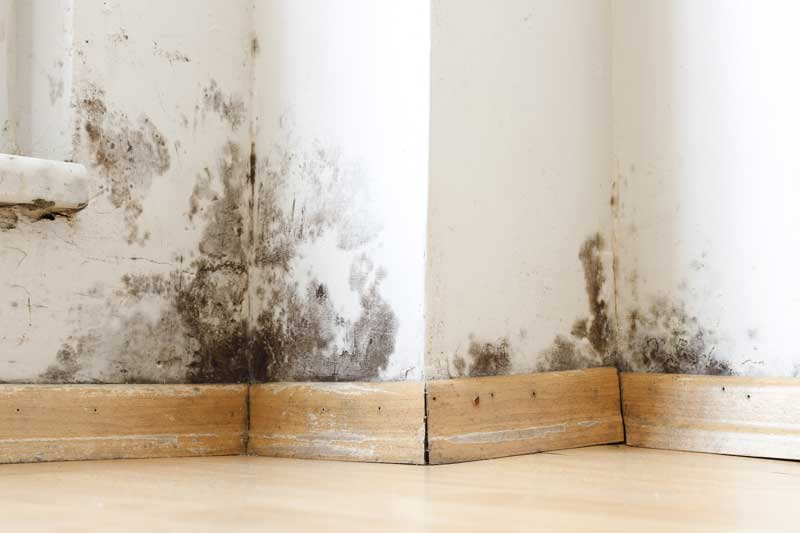
On the surface, black mold can be hard to spot. It might hide in the corners of a damp basement or under a layer of fresh paint. But given time, it spreads quietly, breaking down the structure beneath and releasing toxins into the air. Secrets in a relationship work the same way.
First, there is a difference between secrecy and privacy. Everyone is entitled to some privacy, even (and especially) in intimate relationships. Privacy helps us protect and preserve our individuality and autonomy, which is necessary in order to help relationships stay vital and to avoid patterns of codependence and enmeshment. Secrets, however, are toxic.
At first, a secret can feel contained — even harmless. Maybe it’s about sparing someone’s feelings or avoiding an awkward conversation. But over time, keeping that truth hidden requires more energy, more careful maneuvering, and sometimes more lies to keep the story intact. Like mold in the walls, the hidden truth starts to create a toxic environment, eroding trust and safety long before it becomes visible.
The main difference between secrecy and privacy is simple. It’s SHAME. Shame fuels the secret and helps it grow and take up more and more space in the individual and the relationship – emotionally, energetically, sometimes even physically. Shame encourages hiding and erodes the basic sense of safety among partners. However, shame, and the secrets it feeds, cannot survive in the light.
Trust is the foundation of any healthy relationship, and transparency is one of its key supports. When we share openly — even when it’s uncomfortable — we let fresh air circulate. We give our partners the full picture so they can engage with us authentically. That doesn’t mean sharing every fleeting thought or memory, but it does mean telling the truth when it matters, and being willing to let someone see us as we really are.
If you discover mold in your home, you don’t just ignore it; you deal with it before it spreads. The same is true for secrets. Naming them, owning them, and working through them together isn’t easy, but it’s the only way to keep your relationship’s foundation strong.
Healthy relationships aren’t built on spotless walls — they’re built on walls you’ve kept clean by pulling them apart when necessary, shining light into the hidden spaces, and rebuilding with honesty and care.